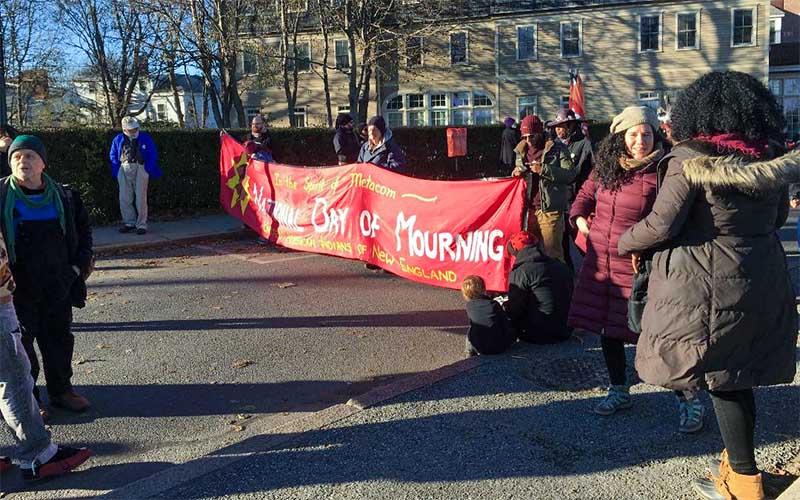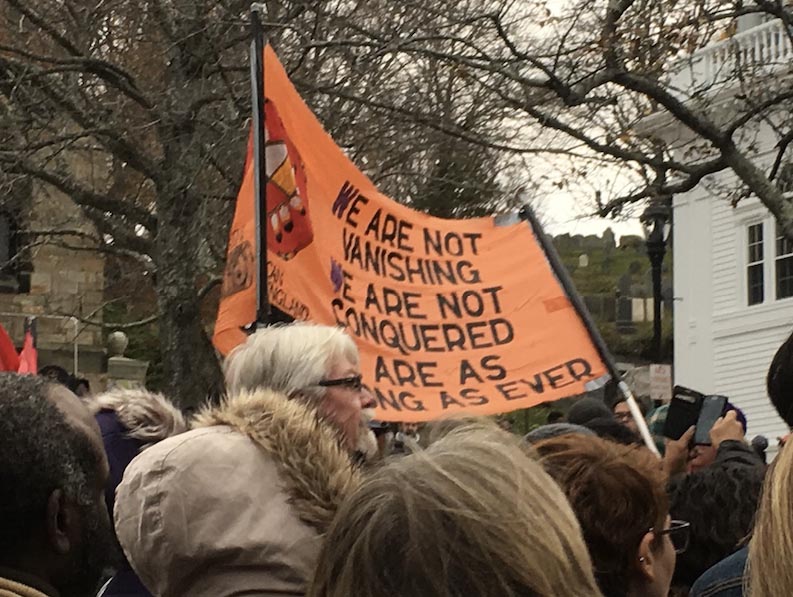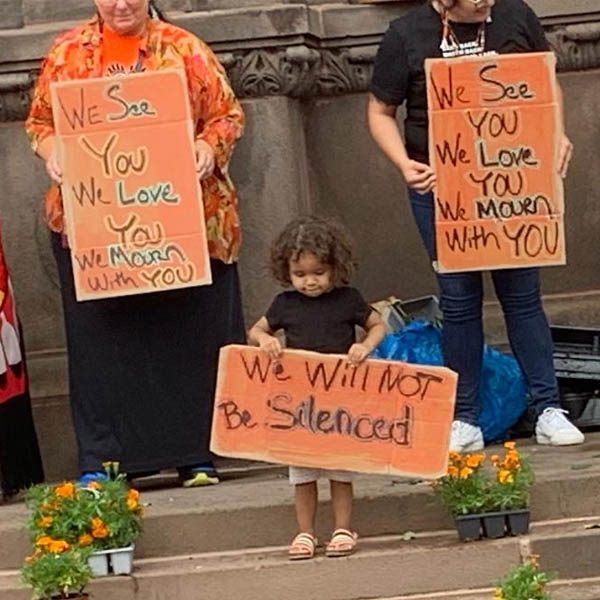Native American Heritage Month
The month of November is dedicated to National American Indian Heritage opens in a new tab. Take this opportunity to educate yourself and others about the rich and diverse cultures and traditions and to acknowledge the important and ongoing contributions of Native people. The Library of Congress offers free teacher resources opens in a new tab. The National Congress of American Indians opens in a new tab provides ways to raise awareness about Native tribes in the U.S.
November 1–2 — Día de los Muertos (Mexico)
November 3 — Birth of Baháʼu’lláh (Bahá’i)
November 5 — Election Day
November 11 — Veterans Day
In 1938 Congress declared November 11 “…a day to be dedicated to the cause of world peace and to be thereafter celebrated and known as ‘Armistice Day'”, to commemorate the official end of World War I and honor members of the military who were killed. It later was observed in honor of all veterans and renamed Veterans Day in 1954. The bipartisan National Commission on Federal Election Reform has suggested Election Day and Veterans Day be merged into a single federal holiday, to make voting easier for many citizens.
November 11, 1794 — Signing of the Treaty of Canandaigua
The Haudenosaunee reclaimed land lost through the contested 1784 treaty of Fort Stanwix. The U.S. government acknowledged them as allies rather than dependent “members” of New York State. During negotiations, the all-male U.S. representatives needed to be persuaded to overcome discomfort with the participation of Haudenosaunee women, who had a significant role in tribal governance.

November 16 — International Day for Tolerance opens in a new tab
In 1996, the UN General Assembly proclaimed November 16 as International Day for Tolerance, one year after the adoption of a Declaration of Principles on Tolerance by UNESCO’s Member States. The Declaration “affirms that tolerance is neither indulgence nor indifference,” but “is respect and appreciation of the rich variety of our world’s cultures, our forms of expression and ways of being human. Tolerance recognizes the universal human rights and fundamental freedoms of others. People are naturally different from one another; only tolerance can ensure the survival of mixed communities in every region of the globe.”
November 20 — Transgender Day of Resilience opens in a new tab
November 28 – National Day of Mourning opens in a new tab/Thanksgiving Day


Traditional Thanksgiving Day in the U.S. is not celebrated by Indigenous Peoples. The National Day of Mourning was begun in Plymouth, MA, by the United American Indians of New England (UAINE).
Every year for over 50 years, UAINE and supporters have gathered on the fourth Thursday of November at 12 noon at Cole’s Hill in Plymouth, MA, just up the hill from Plymouth Rock, around the statue of the Wampanoag leader Massasoit. The event is named National Day of Mourning to remember that for many Indigenous people in the U.S., Thanksgiving Day is not a celebration but a reminder of the violence and genocide that has marked Native lives since the landing of the Mayflower. This year’s events will be live and virtual. Go to uaine.org opens in a new tab for more information on the events and a history of the Day of Mourning or the United American Indians of New England Facebook page opens in a new tab.


